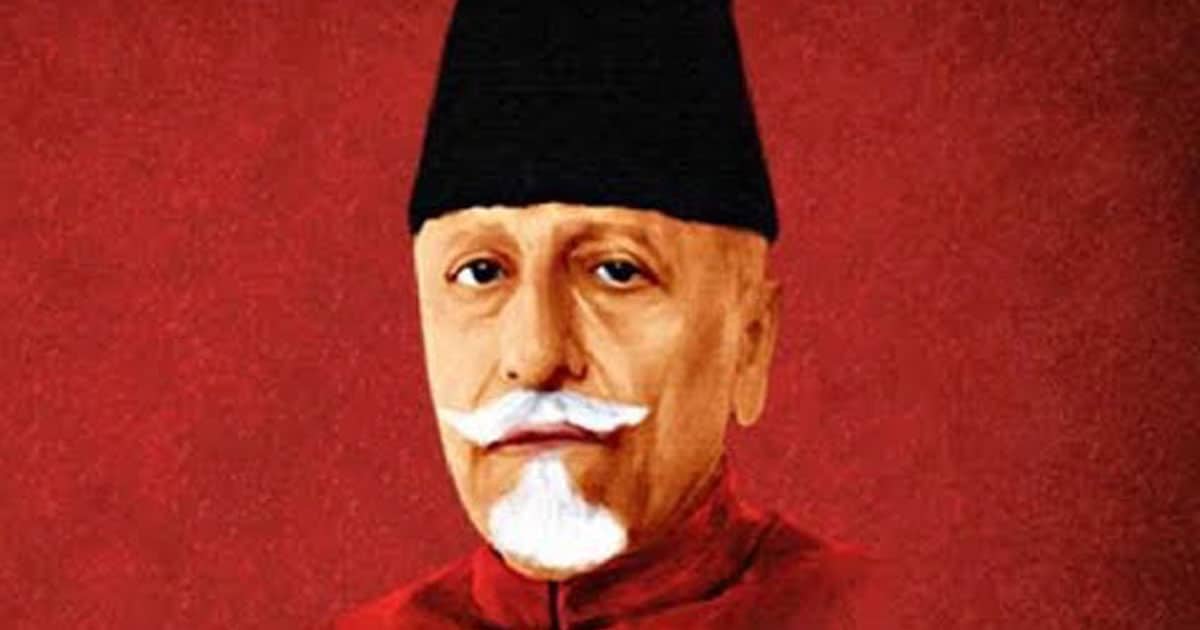Every year, November 11 marks the National Education Day in India. It is commemorated honoring the birth anniversary of Maulana Abul Kalam Azad, the first Education Minister of independent India.
In 2008, India’s HRD ministry chose this day to pay tribute to the legendary freedom fighter. Maulana Azad’s contribution to the Indian education system is unparalleled. And he brought several reforms during his ministership period from 1947 to 1958.

Today, India stands tall as a sought-after global education hub. As the nation gears up to commemorate National Education Day, let’s educate ourselves with a little more about Maulana Abul Kalam Azad.
No formal schooling
How many of you know that Maulana Abul Kalam Azad never obtained any formal schooling during his childhood? His father was a teacher by profession, and Azad was homeschooled. He, however, believed in the importance of quality educational institutions and was instrumental in developing them across India, even before the country’s independence from British rule.
A child prodigy
Despite not having formal schooling, Azad was brilliant in academics and way ahead of his time. When he was just 12, he was running a debating society and a library. By the time he turned 15, he was teaching students who were double his age.
Multilingual proficiency
His full name is Sayyid Ghulam Muhiyuddin Ahmed bin Khairuddin Al Hussaini. Azad was famous as a scholar, and apart from Urdu and Hindi, he was fluent in English, Bengali, Arabic, and Persian. In 1912, he launched a weekly Urdu newspaper called ‘Al-Hilal’ to strengthen patriotism among Indians.
Also, read: Dr.Kalam: 7 Life Lessons I Learned From The Leader
A staunch believer of united India
Azad was a champion promoting a single or united India, a harmonious nation for Hindus and Muslims.
In 1923, as the youngest president of the National Congress, Azad spoke without mincing words:
“If an angel was to descend from the Heaven’s and from the heights of Qutab Minar announce that provided Congress abandons its policy of Hindu-Muslim unity, Swaraj would be granted in 24 hours, I would turn my back on that Swaraj. Shunning it for the cost being demanded may delay Swaraj and harm India for a short period. But abandoning our unity as a price for freedom will be lethal for all humanity.”
He was one of the strong voices opposing the separation of the country into independent India and Pakistan.
An idol for Nehru
Jawaharlal Nehru was in awe of Azad’s intellect and brilliance in several aspects. In fact, he was Nehru’s mentor. Pandit Ji used to call Azad Amir e Karvaan, the leader of the group.
A visionary, Maulana Abul Kalam Azad was instrumental in establishing Sangeet Natak Academy for the performing arts, Lalit Kala Academy for the visual arts and Sahitya Academy for literature. A few other contributions include the creation of the University Grants Commission(UGC), the Council for Scientific and Industrial Research, the Indian Institutes of Technology, and much more.
One can read his book, India Wins Freedom and know him better.

